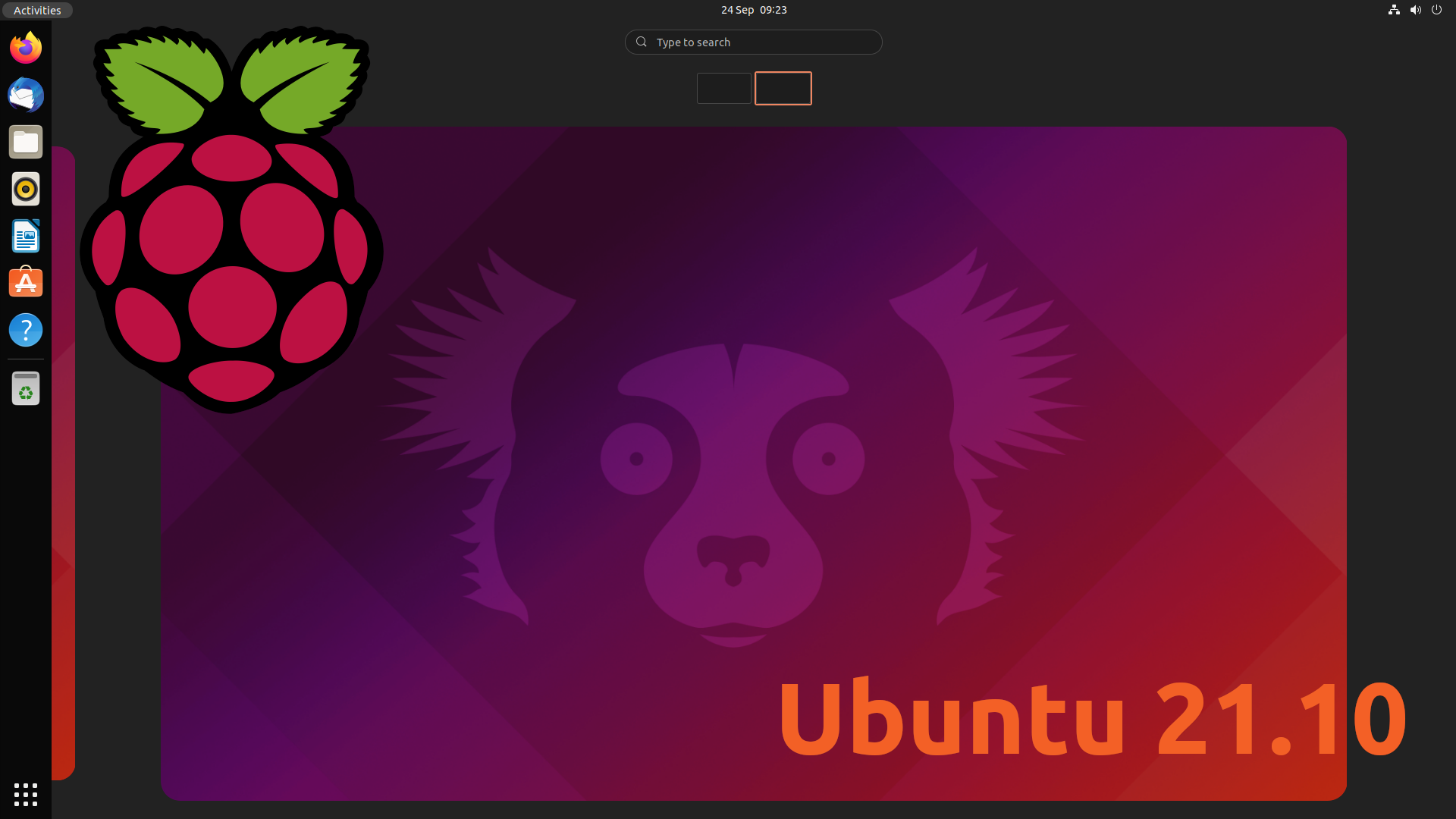
A little over six months ago I tested Ubuntu on the Raspberry Pi. I had heard wonders about him, but my impressions were not so good. GNOME is not the lightest desktop on Linux, and the absence of the software that I need for my motherboard made me go back to Manjaro ARM and later to Raspberry Pi OS. There has been a new version for a little over a month, Ubuntu 21.10, and have things changed?
Before installing an operating system, whether on a simple board or any other device, we have to be clear what do we want to do with it. On my Raspberry, I want to be able to watch all kinds of video content, listen to music, play retro emulators and be able to use desktop software, whatever happens. Can all that be done in Ubuntu? The answer is yes, you can. The problem? It feels heavy compared to Manjaro KDE or Raspberry Pi OS (or Twister OS).
Ubuntu 21.10 feels smoother than Hirsute Hippo
What is important to make clear from the beginning is that Ubuntu 21.10 Impish Indri feels more fluid than 21.04. That's thanks to now using GNOME 40, the penultimate version of the desktop among whose novelties is improved performance. For everything else, it remains more or less the same, although I had given it a chance thinking about a possibility: to be able to run Android applications.
A few months ago the staging of waydroid, a software based on Anbox which allows us, if we use Wayland, to run Android apps on Linux without the operating system suffering, since it uses the same kernel as the host system. In fact, right now I am writing this article from Ubuntu with the Apple Music application playing in the background and this computer, which does not stand out for being the most powerful on the market, is behaving well, as well as Ubuntu behaves in a laptop with i3 processor, 4GB of RAM and hard drive.
But hey, after doing the same thing I did with this laptop on my Raspberry Pi, the installation has failed to go ahead when it has checked that the Linux 5.13 kernel of the Raspberry Pi it is not compatible, so "my joy in a well", and one thing that could have changed things a lot is not available.
What is missing from Ubuntu to be a better option in RPI4
When I installed Waydroid on my laptop days before, I thought Ubuntu 21.10 would gain a lot of integers on the Raspberry Pi if it worked. For one thing, we have relatively up-to-date desktop software, at least much more so than Debian. On the other hand, Waydroid would allow us to make up for deficiencies such as the lack of support from Google and its Widevine. So what Ubuntu lacks to be a better option on the Raspberry Pi is that improve your performance and available software a little more, being able to solve the last with Android apps.
The idea would be that Android apps they will fill the void left by the ARM architecture. Software like RetroPie is available for Ubuntu, so the retro gaming part has you covered. Many x86_x64 software have their own version for ARM, but not all. At the very least, Canonical could do like the Raspberry Pi and release its own solution for playing protected content, as the Chromium container is a bit of a sloppy solution.
So far from everything I've tried the best has been Twister OS because it is Rasbperry Pi OS with software installed by default that works perfectly, such as RetroPie, Kodi or the solution to play protected content, not to mention its webapps or box86 application, which removes limits to the ARM architecture of the RPI. But no operating system is perfect, as Twister OS is and will continue to be available only in 32-bit version for a long time, not to mention that it can't run Waydroid either.
In the end, the total system will be one that is 64-bit, allows you to play protected content, install desktop apps, the best emulators and Android applications. Who will be the first? In April 2022 we will ask ourselves this question again.